
The Free Press

Lucy Aharish is one of the most prominent television broadcasters in Israel. But that’s not the thing that makes her exceptional. The thing that makes Lucy stand out is that she is the first Arab Muslim news presenter on mainstream, Hebrew-language Israeli television.
Born and raised in a small Jewish town in Israel’s Negev desert as one of the only Arab Muslim families there, Lucy often says that she sees herself as sitting on a fence. By that she doesn’t mean she’s unwilling to take a side—as you’ll see, she is a woman of strong convictions, bravery, and moral backbone. What she means is that she has a unique lens through which to view the divisions in Israeli society, the complexity of the country’s national identity, and the Middle East more generally.
That complexity was on display in 2018 when Lucy’s marriage to a Jewish Israeli actor (Tsahi Halevi of Fauda fame) sparked a nasty backlash from the country’s religious far-right.
Lucy has long been a vocal critic of those peripheral far-right voices—the ones who are inclined to oppose her marriage. She’s also long been critical of Prime Minister Benjamin Netanyahu. But she is equally critical of her fellow Arab Israelis, particularly of Arab violence and of the Arab leadership that she says condones it.
An Arab. A proud Israeli. A Muslim married to a Jew. In short, Lucy Aharish is an iconoclast.
I sat down with Lucy recently in Tel Aviv. We talked about the October 7 massacre and its impact on the country and her family—her husband put on his uniform and headed to the south within hours of Hamas’s invasion of the country. Left alone with her son, she contemplated “hiding him in the washing machine,” should terrorists arrive at her doorstep.
Lucy also talked about the challenges she faced growing up as the only Arab Muslim kid in a traditional Jewish village, and how she was bullied for that but doesn’t view herself as a victim. We talked about the terrorist attack that she survived in Gaza as a child, which makes October 7 all the more personal to her. We discussed why she believes that Israelis and Arabs share the same destiny, the hope that she has for her Muslim-Jewish son, and the future of the country she loves—and calls home.
I’ve been very lucky in my career: I’ve done many interviews that have stayed with me. But this might be the most moving of all.
Watch our full conversation here:
This interview is part of a larger project based on recent Free Press reporting in Israel. We spoke to dozens of people living the war every day: from October 7 survivors and reservists fighting in Gaza to Israeli refugees and Palestinians in Ramallah. We’re excited to bring you more of those conversations soon. Follow us on YouTube, X, Instagram, and TikTok for updates.
Last, important note: taking The Free Press on the road requires producers, camera operators, researchers, and a lot of coffee. The best way to support our ongoing coverage of the war in the Middle East—and everything else we do—is by becoming a paid subscriber:


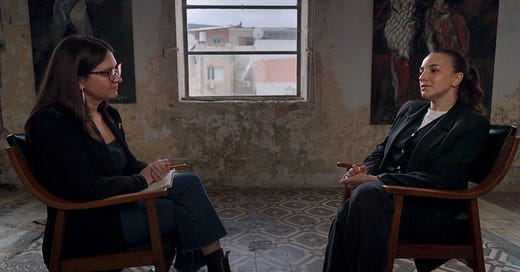




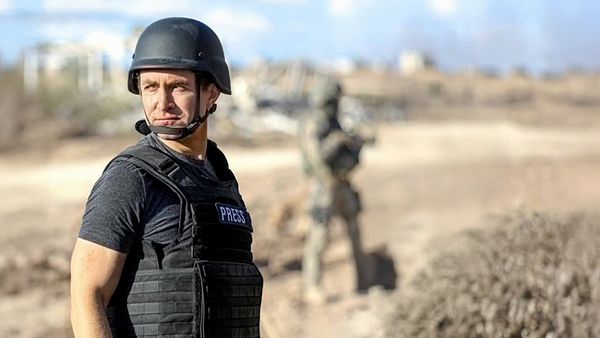

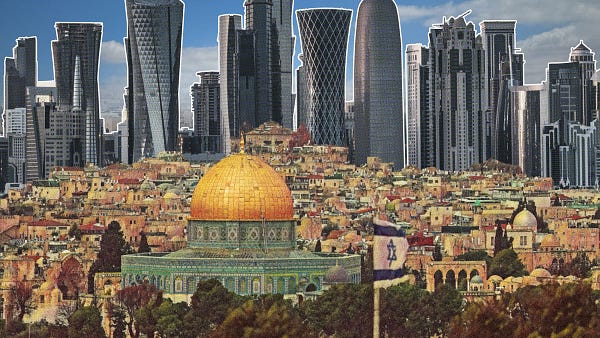

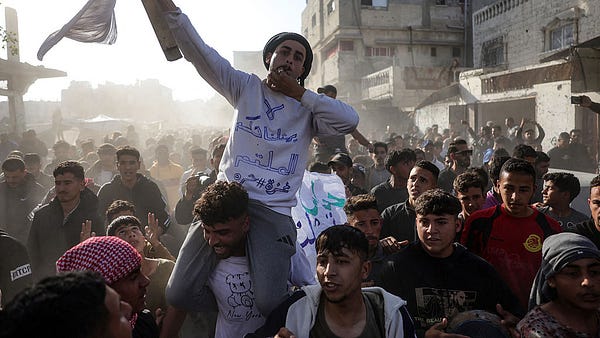

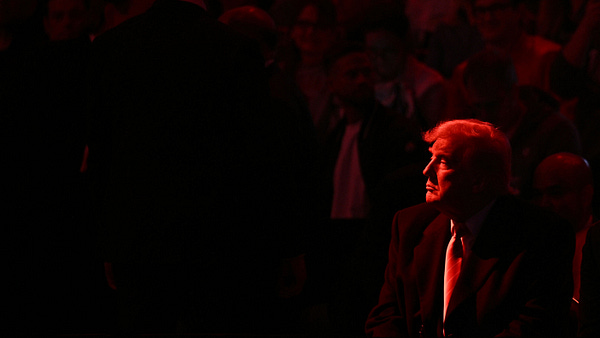

Thank you for this interview Bari, so impressive. Thank you to Lucy Aharish for her insights and bravery. As an American I know Israel must prevail in this war. Hamas is ISIS and must always be fought by all of us. I have sympathy for Palestinians some of whom I have known and worked with over many years and I hope the best for them. I also know that it is a very complex situation in Israel and its neighbors that any of us in the US who have not been there and spent time there can possibly comment on with any authority. Thus we should listen to people like Ms. Aharish among others who actually know something. I hear people around me here in America expressing passionate and self righteous views on the tragic and ugly events that have taken place since Oct. 7 of last year. Yet when I ask them, they are essentially and often literally ignorant of the history of Israel let alone the composition of the country and its neighbors such as Syria, Lebanon, Jordan and Egypt much less the rest of the MidEast in the last 150 years and how things got to this state. The Ottoman Empire, Trans-Jordan, the Balfour Declaration, they never heard of them. Not that that would give any answers but it would suggest that the situation is highly volatile and complex and best left to the people involved. However, we can conclude what policy we should pursue as Americans in the interest of the US and for me that means supporting Israel as a liberal democratic country who shares our values and interests. I can criticize policies of Israel such as the settlers in the West Bank and certain racists in the Knesset. As an American ally of Israel I'm entitled to that. But in the bigger picture I will leave how the pursuit of totally destroying Hamas as a military entity is conducted to the IDF as the experts. I have not been to war but in my 70+ years I have traveled the world and experienced enough human violence and suffering to have a minimal appreciation of what is happening in Gaza. It's bad but the only way to end it is to see this through to the end of Hamas. These guys are bloody-minded extremists who do not think like us and do not care about life except maybe their own. A close friend of mine who was a combat veteran of Vietnam once told me "You don't stop shooting when you think the enemy is dead. You stop when he thinks he's dead." It's awful but having talked to a few of these guys I've come to suspect he was right.
To respond to a comment...If the Arabs of Palestine (residents and immigrants up to 1945, per the UN) and the neighboring Arab states were pacifist, we would have had a jolly nice 2 state solution in 1947.